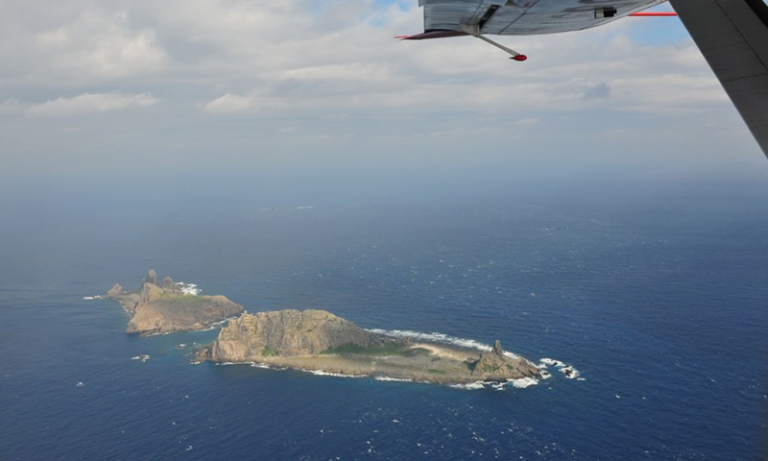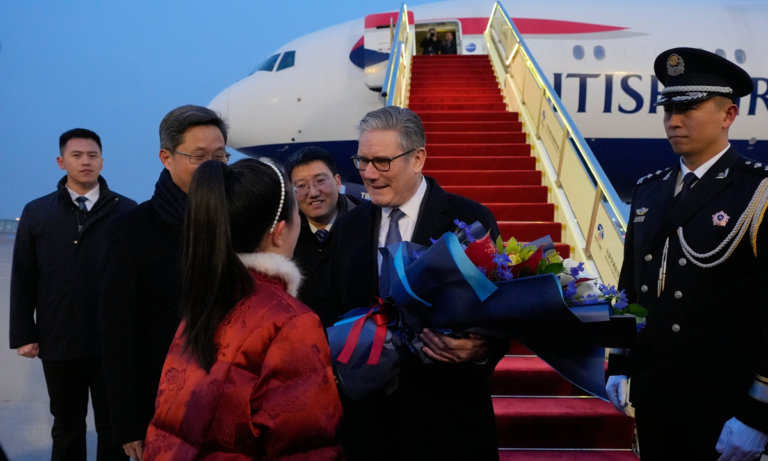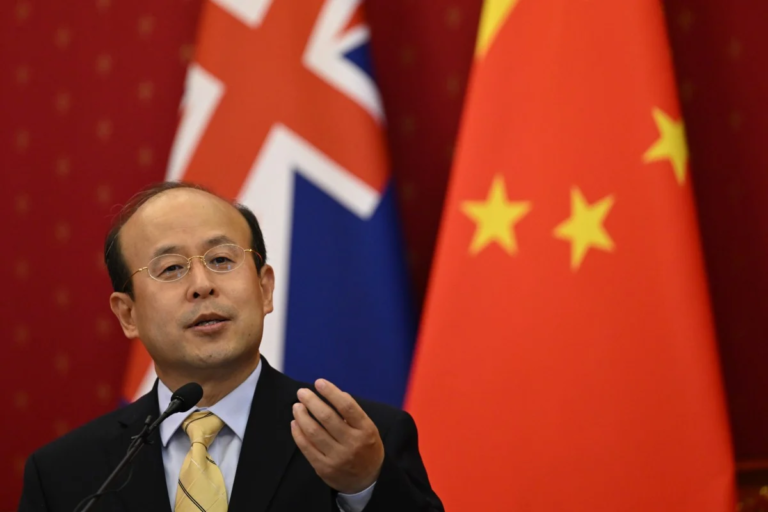
China is steadily escalating its military coercion against Taiwan, shifting from periodic exercises to sustained, large-scale drills with increasingly aggressive objectives.
Beijing claims Taiwan and threatens to annex the self-governed island by force. China’s military exercise in late December 2025 — dubbed Justice Mission — marked a departure from long-standing, informal limits around the island of about 23 million.
The drills rehearsed a blockade of Taiwan, with China targeting Taiwan’s claimed contiguous zone around its main island. Although Taipei is not a signatory to the United Nations Convention on the Law of the Sea (UNCLOS) and Taiwan isn’t recognized as a state by most UNCLOS signatories, the island has traditionally been treated in accordance with the international law, noted the London-based China Strategic Risks Institute. UNCLOS grants a boundary of up to 24 nautical miles from the coast for territorial defense and law enforcement, with the outermost reaches known as the contiguous zone.
“While never formally acknowledged by Beijing, the contiguous zone was largely respected for decades, with Chinese naval and coast guard vessels generally avoiding it,” the think tank’s executive director, Andrew Yeh, wrote in a January 2026 report, “Taiwan’s Contiguous Zone: Why it matters and how it is under threat.”
That began to change in the early 2020s. The December drills marked the first time China’s military vessels entered the zone in significant numbers, including 11 naval ships and eight of China’s coast guard or other official vessels. Missiles were fired in or around the area, according to Yeh.
“Beijing is, once again, testing a core element of the status quo that has underpinned a fragile peace across the Taiwan Strait for decades,” he wrote.
Yeh’s analysis warns that removing the buffer increases the risk of miscalculation. Sustained People’s Liberation Army (PLA) activity nearer Taiwan means that drills could be misread as hostile or hostile actions could initially be mistaken for routine exercises. Lowering such thresholds increases the likelihood of clashes spiraling unintentionally.
Taipei condemned the drills. Taiwan’s Defense Ministry tracked PLA sorties and ships near the island, mobilized air and naval assets to monitor and respond, and reiterated its commitment to defend the island’s democracy. Leaders described the exercise as “highly provocative” and a threat to regional stability, reinforcing calls to bolster Taiwan’s defensive capabilities.

The United States has consistently opposed Beijing’s unilateral attempts to alter the status quo by force or coercion. The U.S. State Department has described PLA drills as “brazen and irresponsible” threats to peace and reiterated Washington’s long-standing commitment to Taiwan’s security. “We urge Beijing to exercise restraint, cease its military pressure against Taiwan and instead engage in meaningful dialogue,” the U.S. State Department said in January 2026.
Other Allies and Partners, including Australia, Canada, the European Union, Japan, New Zealand, the Philippines and the United Kingdom, have expressed concern over China’s military provocation of Taiwan, urging restraint and respect for the status quo in the Taiwan Strait.





